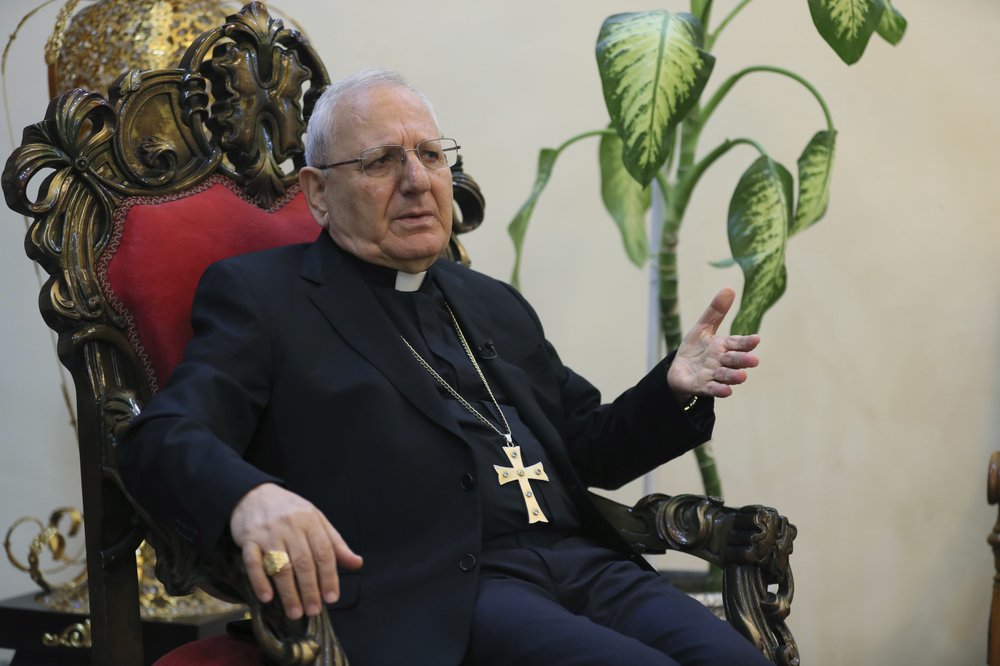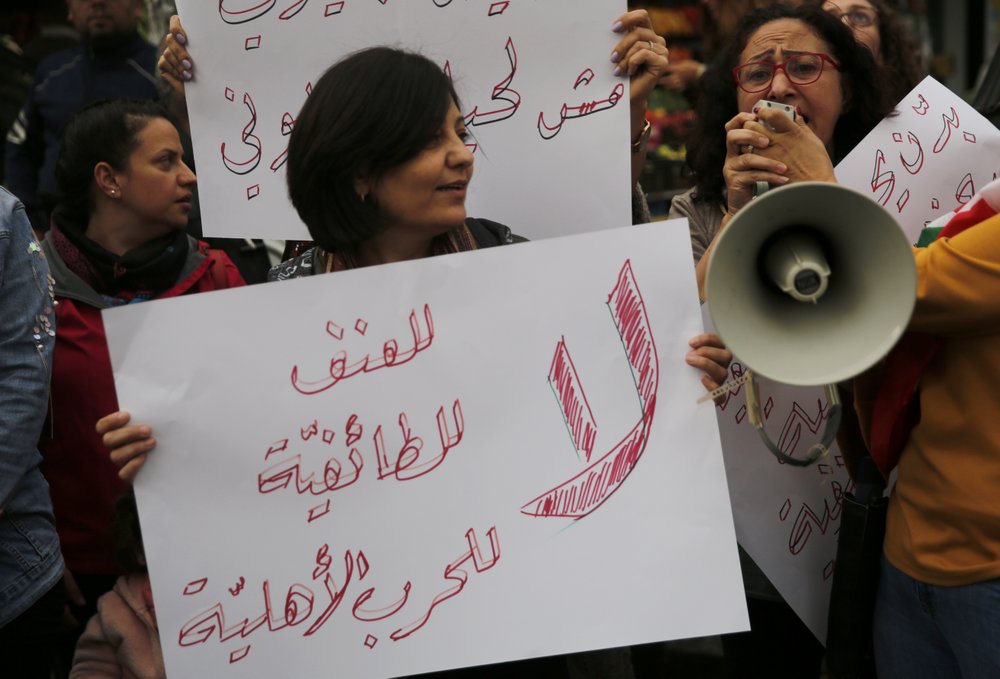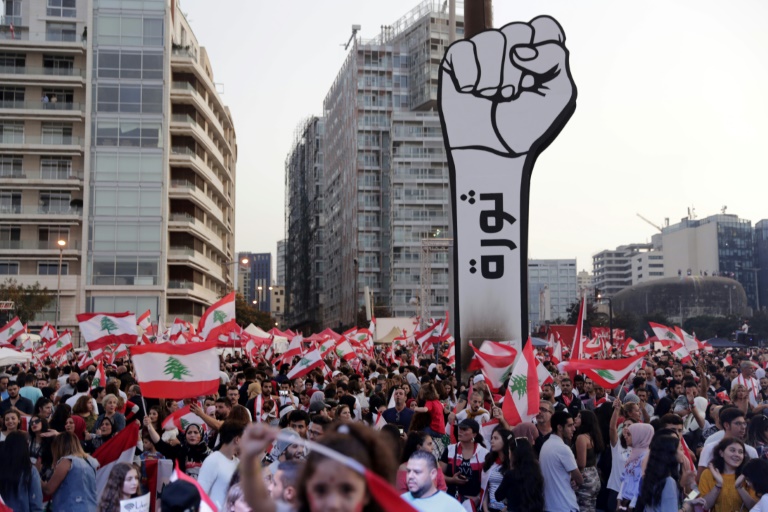Following what has proven to be a tragic start to the new year, Monday’s papers are dominated by news of the terrorist bombing at the St. Mark and St. Peter church early Sunday morning in Alexandria. The attack left 21 dead and over 70 wounded.
“We shall cut off the arm of terrorism. The blood of our sons will not have been spilt in vain,” proclaimed president Mubarak in the headline of state-owned paper Al-Akhbar.
Meanwhile, Al-Ahram used a similar headline, “We shall sever the serpent’s head and defeat terrorism.” The state-owned paper, denouncing the attacks as “cowardly” and “disgraceful,” reports on the “primitive” nature of the “homemade” explosive device, as well as the aftermath of the attack, which saw “waves of blood donors from both Muslim and Christian faiths” eager to help those wounded in the bombing.
State-owned daily Al-Ahram also reports on Mubarak’s “decisive, challenging” tone; “we already won our war against terrorism in the Nineties, and those who believe otherwise are making an irreversible mistake.” The president stated that the attacks had “shaken the nation’s conscience,” adding that “terrorism has no nation, and no religion.” The president mentioned that known details of the attack “carry evidence of foreign involvement.”
The day’s front pages featured politicians and religious figures condemning the attack. “These ignorant attacks targeted Egypt’s national security. We shall continue to respect the president’s rule,” announced head of the Coptic Orthodox Church, Pope Shenouda III. Al-Azhar Sheikh Ali Gomaa emphasized that the attack was not in any way connected to Islam, and called for tightened security around the nation’s churches. General Secretary of the National Democratic Party Safwat al-Sharif described the incident as “an offense to all Egyptians” while optimistically asserting “the nation’s ability to overcome these treacherous acts.”
The front page of daily, state-run Al-Gomhorriya mentions that the Ministry of Solidarity has allocated LE20,000 for families suffering losses in the attack. LE5000 will be disbursed to the wounded.
Independent daily Al-Wafd sums up the incident with a headline that reads, “New Year’s Bloody Eve.” The paper’s report begins with authorities’ suspicion that the attack was a suicide bombing by nature, and that the perpetrator “met the same fate as his victims,” before turning to known details on the origin of the bomb and the violence which subsequently gripped Alexandria.
Al-Wafd reports that the neighborhood surrounding the church erupted in violence soon following the bombing, with mass altercations between security forces and victims’ families. The paper reports that security forces used tear gas, rubber bullets, and water hoses against the protesters, who eventually began to attack a mosque across the street from the church, smashing its doors and windows with rocks, and “setting fire to some of the building’s contents,” with a picture of the mosque’s ransacked interior supplementing the paper’s coverage.
Al-Wafd’s report ends by pointing out that the bombed church was also the scene for several killings in a 2008 incident during which a “mentally unstable” man stabbed and murdered several worshippers.
Slightly less bleak is daily, privately-owned Al-Dostour’s coverage of the incident, in which the headline emphasizes, “youth of Alexandria chant: long live the crescent and the cross.” Al-Dostour reports on the “surprise memo” posted on the Mujahideen Electronic Network two weeks ago. According to the independent daily, the memo consists of a list of churches to be targeted on New Year’s Eve, along with written instructions and diagrams on how to make the suitable homemade explosive devices needed for the attack. The list also includes information on each separate church, including their addresses and phone numbers. While the list seemed to primarily target churches within Egypt, the memo, reprinted by Al-Dostour, includes several churches in the United States and Europe.
Al-Ahram: Daily, state-run, largest distribution in Egypt
Al-Akhbar: Daily, state-run, second to Al-Ahram in institutional size
Al-Gomhorriya: Daily, state-run
Rose al-Youssef: Daily, state-run, close to the National Democratic Party's Policies Secretariat
Al-Dostour: Daily, privately owned
Al-Shorouk: Daily, privately owned
Al-Wafd: Daily, published by the liberal Wafd Party
Al-Arabi: Weekly, published by the Arab Nasserist party
Youm7: Weekly, privately owned
Sawt al-Umma: Weekly, privately owned




